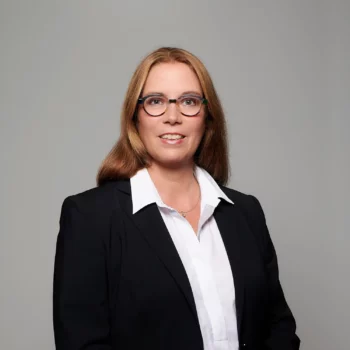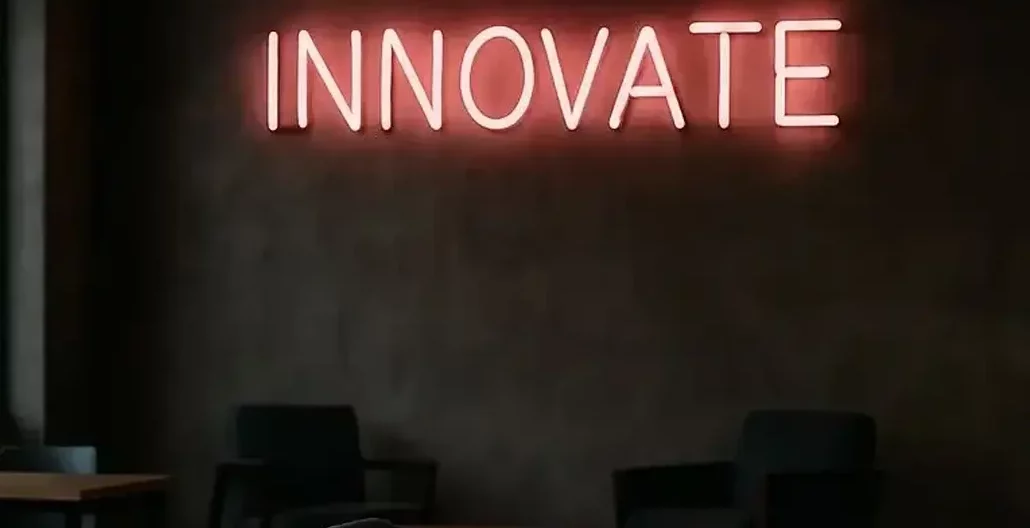Between innovation and challenge
Ensuring a reliable basic supply is at the center of public interest – a maxim that applies no less in quiet Switzerland.
Max Mustermann, an average citizen, casts a doubtful glance at his home socket.
Green electricity flows from there, but with it comes a hefty bill.
This scenario took a dramatic turn in the winter of 2022/2023, when the term “energy shortage” not only expanded our vocabulary, but also our night terrors.

The search for the culprit for the shortage and rising prices is short.
Mustermann finds what he is looking for in the municipal representatives who, in his eyes, buy electricity incorrectly, neglect the power station, know little about system planning, do not calculate future investments with foresight and, in the absence of a functioning energy strategy, shift the burden onto the shoulders of the citizens.
Faced with this irritation and concerned about their political position, the members of the municipal board are wondering how their administration can keep up with the pace of the agile energy markets.
This is a legitimate concern, as efficient supply and disposal management or even a closed-loop recycling system have so far only been core competencies of a few.
The necessary specialist skills, suitable organizational forms, business models or independent companies often have to be created first and have a maximum disruptive effect on the familiar structures of municipal administration.
Not an enviable situation at first glance.
Added to this is the time pressure: resources and access to them are becoming scarce.
In the race against the country’s large energy suppliers, smaller municipalities are pitted like David against Goliath, vying for sovereignty over the supply of energy to locals and tourists.
In the end, it’s not just about being a supplier, but also an entrepreneur.
“The energy future of our communities is not just a question of resources, but of the courage to break old patterns and see every kilowatt hour as an opportunity for innovation and change.”
This mixed situation shows that the future of energy supply is not just a technical issue, but a profoundly social one.
It is a puzzle that consists not only of kilowatt hours, but also of people, politics and the will to take innovative paths.
Municipalities are at a crossroads: they can see the struggle as a burden or as an opportunity to set the course for a sustainable and economically successful future through innovative approaches and courageous decisions.
What is needed now is a rethink that is not limited to apportioning blame, but culminates in creative solutions that protect both the environment and citizens’ wallets.





